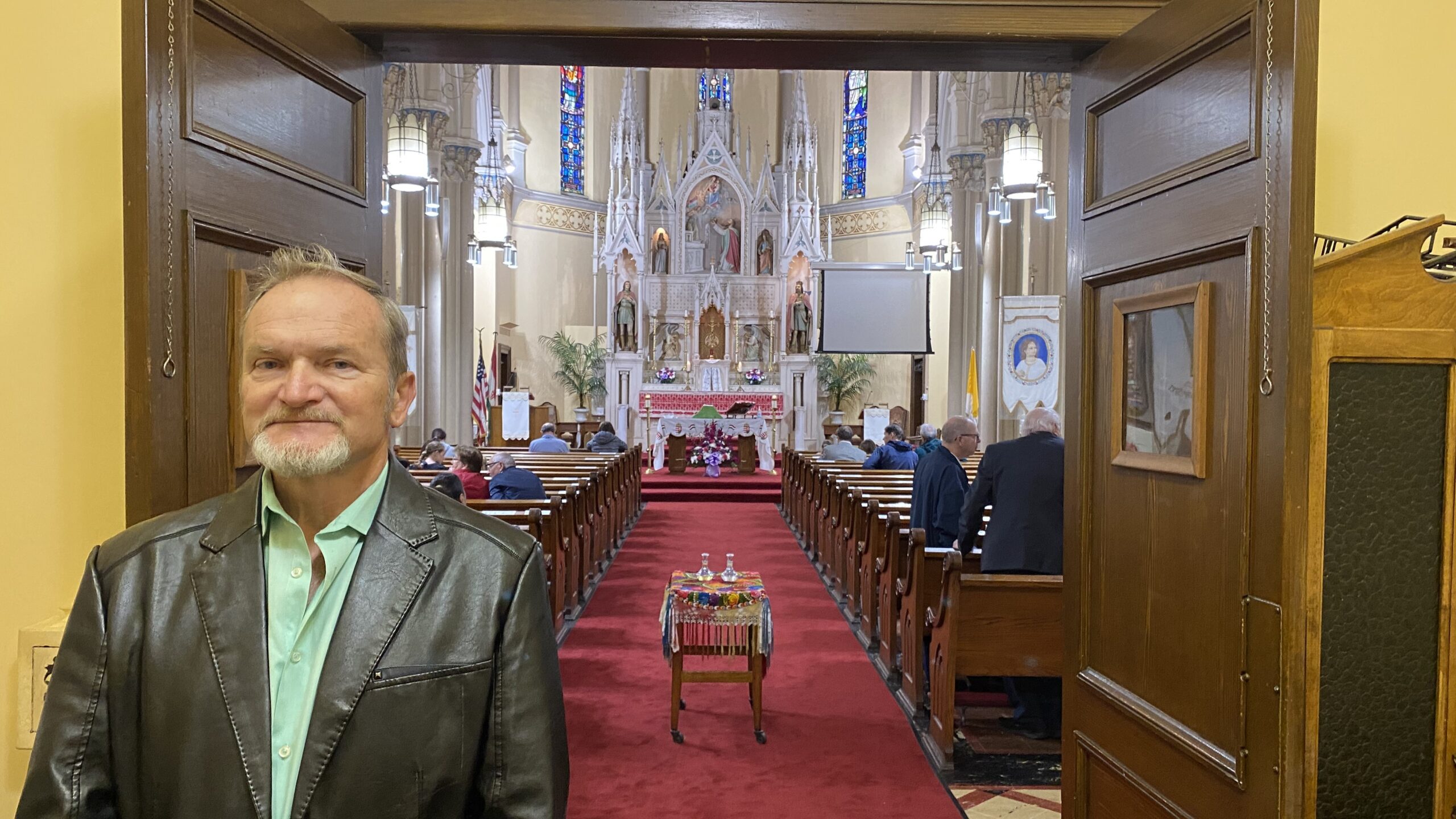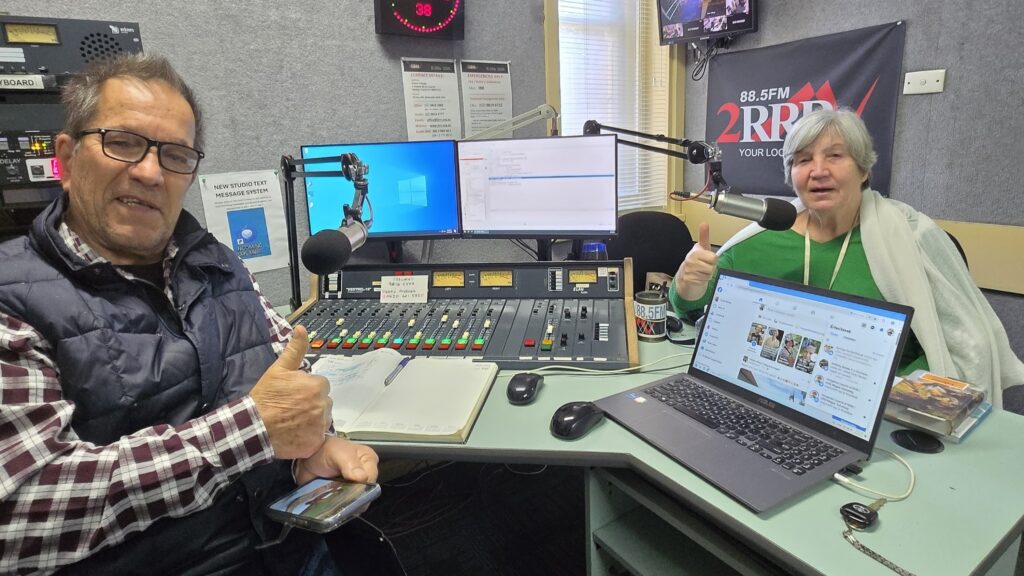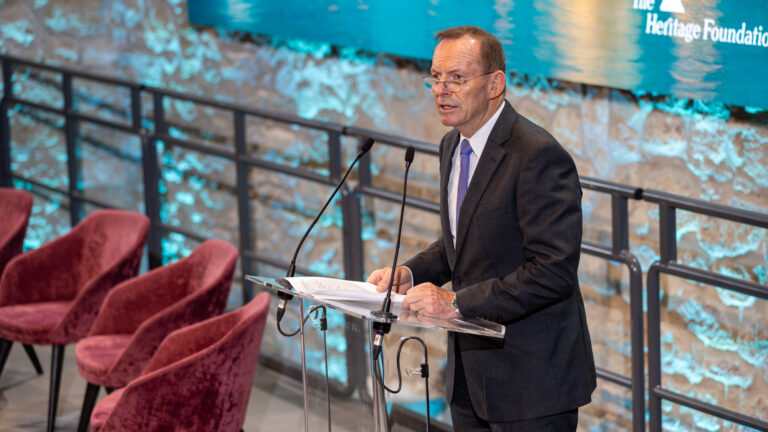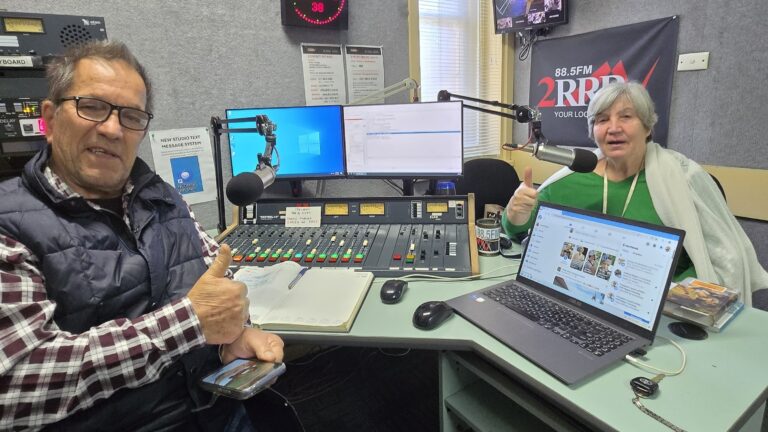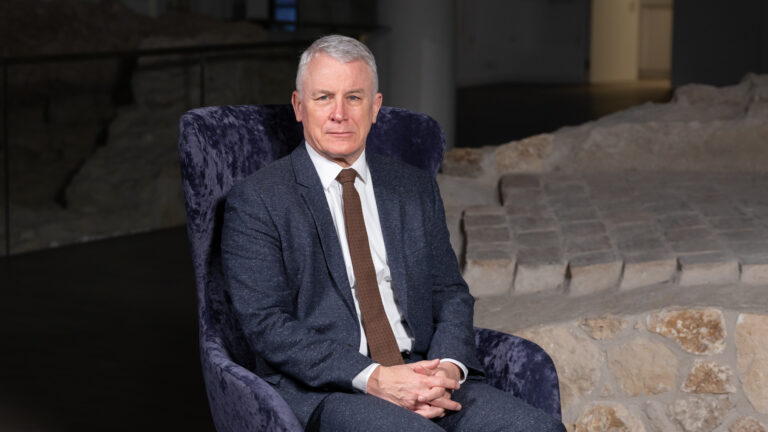This interview was first published in Hungarian on 777.hu.
I am a sensitive man—István Horváth stated unexpectedly at the beginning of the interview. He is the Parish Council President of the last remaining Hungarian Parish on the East Coast of the United States. I was rather surprised by what he said, as this was not my first impression of him at all, but when he burst into tears several times during the interview, I began seeing him in a different light. Tall, lanky, serious, and sometimes somber, I knew little about him despite running into him almost every weekend for six months prior to our in-depth conversation, not only at Mass, but also at the events held in the Erzsébet Hall of the Parish. He can always be found there, attending to the Parish’s business—for this reason, I kept my distance in respect.
***
My family and I were introduced to István right after our first visit to the Saint Stephen R.C. Magyar Church in Passaic, New Jersey. He is not the person with whom you’d just strike up a conversation even after being introduced. He performs his duties related to the Parish quietly, seriously, and occasionally with a somber attitude. It took him a while to engage us. Firstly, he asked my husband for assistance where his tall stature was put to use: reaching high candelabras and shelves. Then, after helping out in the kitchen before some Parish events, we found out that overseeing the kitchen and the preparation of the Parish banquettes was his turf as well: subtly yet firmly giving directions to his family and those others who had come to help. Later, I got to meet his jovial wife Ana and daughter Maggie, but I continued to be reserved with him even though it’s uncharacteristic of me. It was only after the Christmas banquette when he came to thank me for the previous day’s help and gave me a hug unexpectedly, that the ice was broken, and I felt more relaxed around him. He said, ‘It’s great that you guys are here with us!’ At Christmas and New Year’s Day he greeted us with a great big hug at the church entrance. Since then, we’ve been on great terms. Consequently, it occurred to me that I should do an interview with him. He gave his consent quite willingly and during our interview I found out plenty of surprising things.
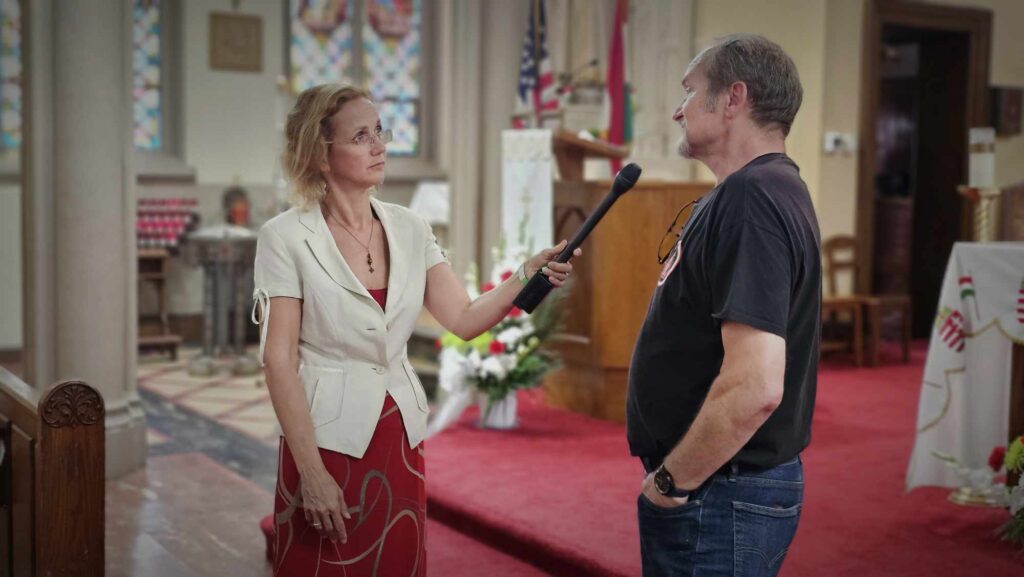
I first asked him to talk about his childhood. He used to help his mother quite a lot with the groceries and in the kitchen where he learned to cook. He went to a catering trade school, and worked in catering for a while, but became disillusioned by the industry’s ‘soviet style’. ‘I worked in big places, grand and rich venues, I made oodles of money, but it was mostly on the black market. I hated to steal from my employer, but that was the only way to survive in that environment.’ Then he changed gears and went into the carwash business, but his enterprise went bankrupt, he lost his livelihood, and then his marriage also failed. In 1995 he felt he had no choice but to start anew in the New World. He came to the U.S. without any certificates or diplomas or other legal papers and worked for $50 a day to fasten and spackle sheetrock. After five years he was able to start his own business. In 2001, he met a woman from Salvador, Ana, who had a 5-year-old little girl as a single mom and who was living in the large apartment complex where István was the janitor. They decided to get married a few years later, and have a daughter together, Maggie who is 17 years old. ‘I didn’t want more children after my son from my previous marriage, I felt too old for it, but Ana convinced me. I’m glad she did, now I also have a daughter.’
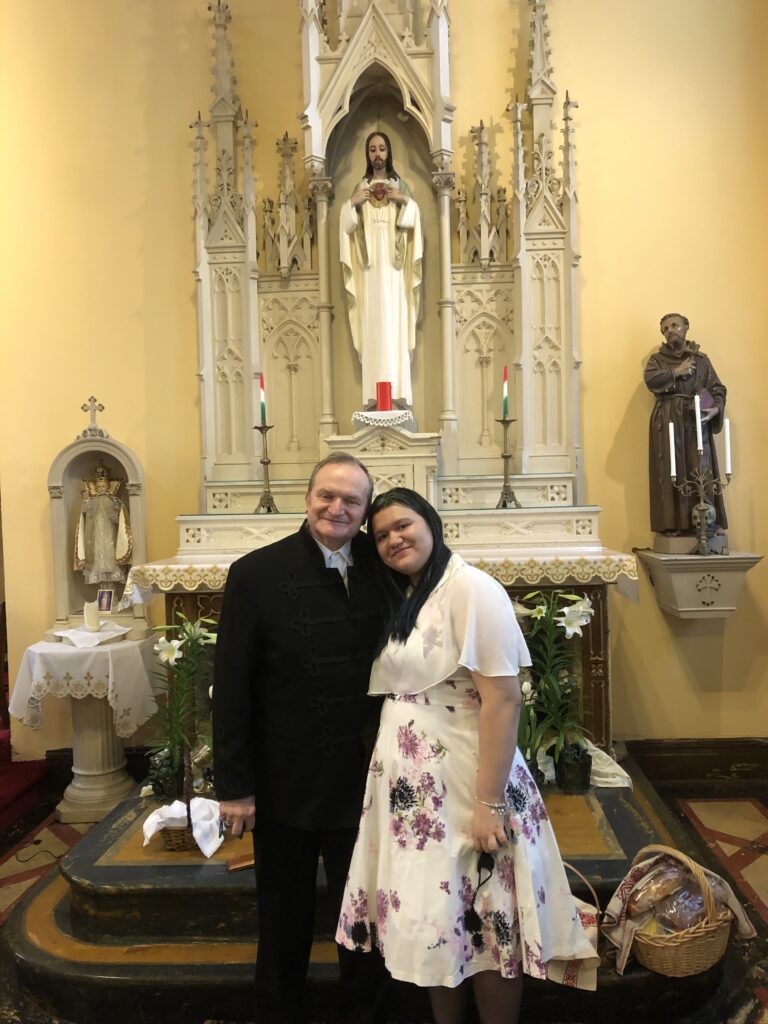
When I asked István about his faith and his connections to the church in Passaic, he just sighed and told me another surprising story. He was baptized, but didn’t go to church at all. As a janitor, he also collected the rent. At one point he was mugged and robbed for a large sum that he was carrying. The police never found the money or the moneybag and his employer suspected him. The employer pressed charges, but the court couldn’t give a verdict for lack of proof. They settled out of court for a monthly amount in which István would pay back the whole amount lost. ‘It was a very low point of my life. I felt I had nowhere to turn, so I went into a church…I had been in this church once or twice, but not for services, and I had talked to Pastor István Mustos. I felt I couldn’t turn to anyone else, but perhaps he could help me. I’ve been here ever since. Since then I know that if I ask God for something, I will eventually get it. But that doesn’t mean my prayers are only for asking. There are some who feel that being Catholic is only about asking and they are disappointed when they don’t receive what they prayed for. But it doesn’t work that way. I say a long prayer every night to give thanks for all that I have.’
When I asked him what he had received so far from God, he said all the things he does around the church in Passaic. ‘I’m not afraid of work and I like to help. I started asking what can I help with, and I got more and more assignments. People have got to know me and have come to like me, because I get along with everyone, I don’t have enemies. I received spiritual support, a community, and tasks, and in return my faith continued to grow, strengthen and deepen. I got along very well with priest László Vas; I became Parish Council President for the first time under his tenure. This position is well suited to me as I’m a hands-on type of person. I became the all-in-one for this church: the maintenance, the repair and the procurement guy. When there was a need in the kitchen to get things done, I volunteered there, too. I had never cooked for a large crowd or event, but I learned here. When I started, there were 3–4 elderly ladies who manned the kitchen and perhaps two more to wash the dishes and the pots. When those ladies passed away, all the responsibility fell on me. My wife, my daughter and Eva Aminger, who became my best friend, helped out. Now it’s the four of us who manage the kitchen with some occasional help.’
It is the Council’s responsibility to manage the property as well. István explains that a few years ago, the Parish couldn’t come to an agreement with the Hungarian weekend school—partly because of financial issues and partly because of personal disagreements. The school moved out from the Parish’s buildings. They have rented out the school building since then, but it has been vacant again for a year… ‘It’s a big building with a lot of maintenance costs, it’s not easy to find a tenant, we are working on it, through an agent to get a longer lease. The missing rental income is a tremendous loss, and honestly, without this income, the Parish can’t survive—if it were the collections only, we wouldn’t be here anymore…’ In addition to this, at the beginning of each year they sit down with the other Hungarian organizations to coordinate the dates for their events for the year. They’d like to coordinate also with the New Brunswick’s Hungarian community, because there is quite a bit of scheduling conflict. However, since the situation and relationships of the Hungarian church communities and organizations there are similarly difficult, coordination with them isn’t easy either.
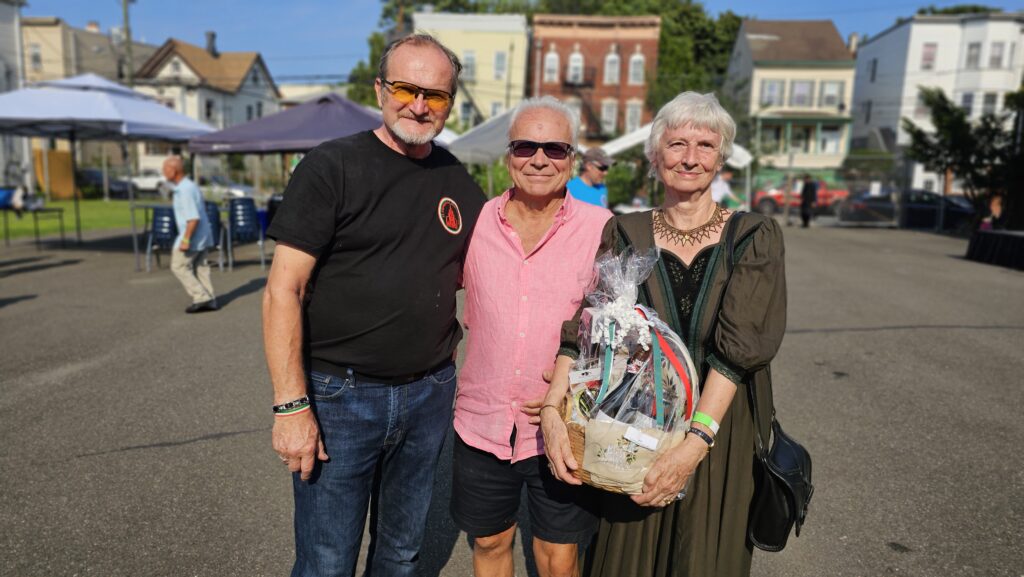
When asked about his relationship with the Pastors, he responded: ‘There seems to be a misunderstanding: the Parish Council exists to collect the thoughts and concerns of the community and present it to the Pastor; it’s not there to make a decision, it is there to help the Pastor to make a decision. The decision is always with the Pastor. With Father Mustos, I was just about to become a member of the community, I didn’t have much interaction with him. With Father László Vas, it was a different story, that’s when we got into the thick of it. That was a difficult time as he was not an easy personality. He was very candid and straight with his words. He was a good man, with a good heart and good intentions, but occasionally blunt and he didn’t trust others. He came from Chicago with a lot of experience, but he couldn’t find a common thread with the community here. They accused him of awful things. But I got along with him. I worked tirelessly, and he respected me for it. He knew he could count on me and so did I. We listened to each other. Besides, he had been ill for many years, and this showed in his temperament and bad moods. He was stubborn, he wouldn’t go to a doctor, he only trusted the advice of his sister who was a physician back in Transylvania, Romania. I finally convinced him to see a doctor here, but by that time it was too late. He was in the final stage of metastasized cancer. When he found out, he decided to return to his sister. He was in pain when he celebrated his last Mass here. László Kerkay and I helped him into a wheelchair and saw him off, but he kept up his hopes that his physician sister would cure him. We also hoped that we were not saying our last good-byes. He left on Christmas day and two weeks later he died. It has been five years to the day …’
Then the ‘really hard times, the next 6–8 months’ came. István was Parish Council President again and together with the rest of the Council members they tried to keep the community together as best as they could, eagerly awaiting the arrival of their next Pastor. ‘When Fr. László Balogh arrived, everything started from scratch, as he was completely new there. I showed him around, along with Ferenc Keresztes, who had been the organist here for the past 50 years. Unfortunately, last year they moved with his family of five to Alabama. Father Laci, as he asked to call him, was more easygoing and direct, but you still had to earn his trust. However, this wasn’t a problem for me; I did my job, as before, and he valued that he could count on me.’
The community has completely changed over the years. Father Laci managed to bring back those families with young children, who left as a result of the previous Pastor’s personality issues. And luckily, there were many births in the meantime. ‘I said to László Kerkay after today’s Mass: look at all these kids, isn’t it great? But I see something else here as well. The elderly are dying off slowly, the younger parents on the other hand are too busy to take part in community life. We are ecstatic if we can draw in someone from that age group. This is a problem everywhere, but here, where the distances are so great, it’s even more complicated. Fortunately, I live close by, otherwise I couldn’t just pop down here at a moment’s notice.’
The reason for the monthly church events is less for its revenues than for keeping the community together. This is why recruitment is so important. ‘For now, we have a core group who does the work and prepares the events, while others just acknowledge the efforts: they eat, drink, say thanks and that’s it. We try to involve new people, but they are afraid of commitment. It’s not easy to cook for 100 or more, but they wouldn’t have to take on the whole responsibility at once. They first should come and get acquainted with the kitchen. We can teach them how to make it happen without them having to experiment on their own. Later they can change it to make it fit their own capabilities. The old-timers grew up around the church, their lives were intimately linked to the community, but for the younger generation this isn’t true anymore. We must acknowledge this reality. Many are overly busy with their everyday lives and want to relax on the weekends. I completely understand them. But what happens with the community?! We have only a few families we can count on. That’s why we were so happy to have you and your family, because we desperately need more working hands.’
As regards family, he agreed that children’s spiritual development and Hungarian identity is much reliant on the parents. He admitted: even though his (present) wife has always been religious, the Hungarian language barrier is a hurdle for her, yet she’d still rather come here to the Hungarian Mass than to an English mass or to a Spanish Mass somewhere else.

‘There is 20 per cent faith, and 80 per cent because of me that she attends here. But at home, we often talk about God. I tried to bring Maggie to catechism, but the language barrier was too much for her. In addition, I had a very good friend who recently died. He would have been her Godfather, and she was so attached to him, and his loss was so painful for her that she can’t think of having anyone else to take his place. So she quit going to religious education, which I’m sorry about but I understand her and I don’t want to force her. I hold myself to be a man of feelings, and I’m glad to see that in her as well. As far as our Hungarian identity, well, I’ve lost that on a family level: I’m the only one who speaks Hungarian and there is no one to converse with at home. My wife speaks Spanish with her daughters and English with me. Maggie started to attend Hungarian school where she got attached to a teacher, but when she couldn’t continue any longer, my daughter also quit. I speak and understand more Spanish than they do Hungarian. I can’t be upset with them, since I know how difficult it is to learn Hungarian. Nevertheless, I don’t understand those families where both parents are Hungarian, and their children speak English—I assume because the parents speak to them in English at home. Whatever happens in my family, I will always consider myself Hungarian and I will die as a Hungarian. When I hear the Hungarian anthem, my heart races and this won’t change for the rest of my life.’
Read more Diaspora articles:

